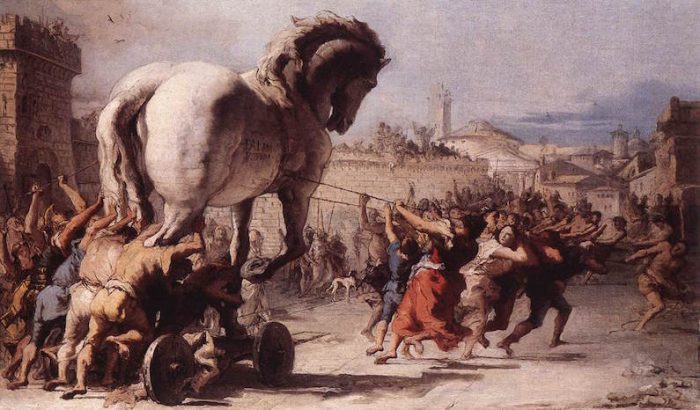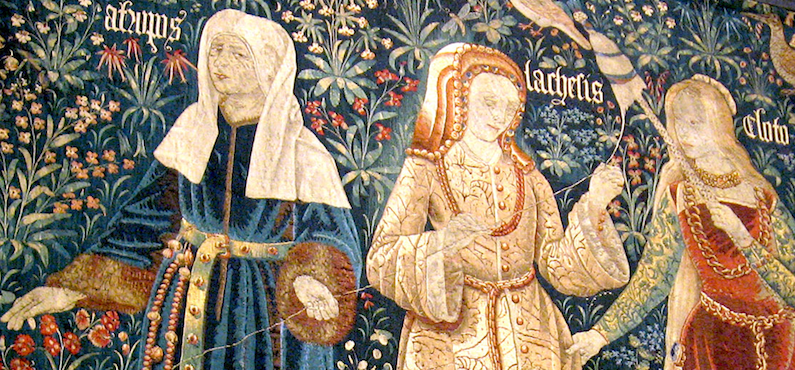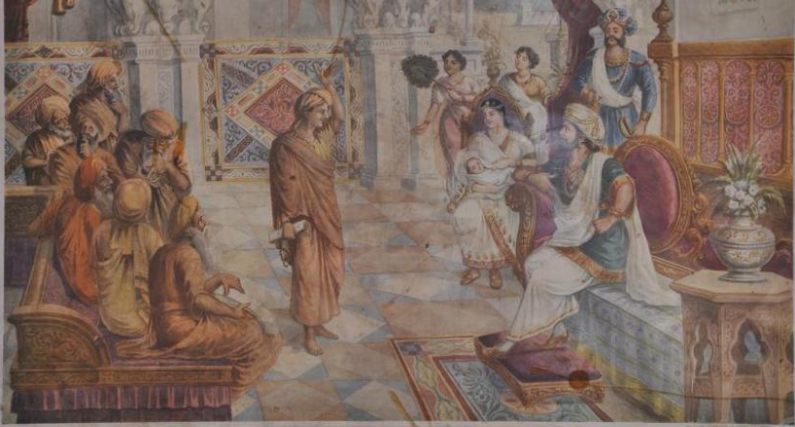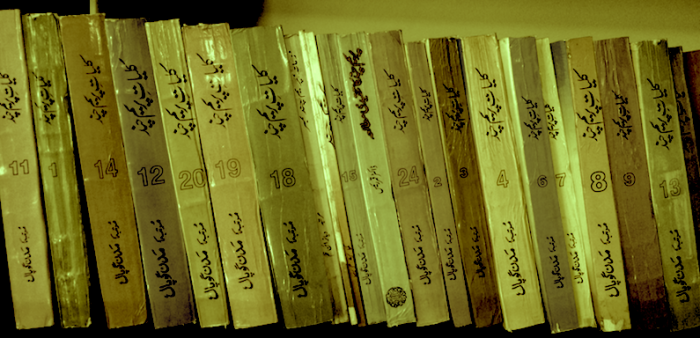
by Zabaan | Oct 12, 2015 | Ancient Greek, Classical languages, Literature
The Iliad is a Greek epic poem of 15,693 lines composed sometime during the first half of the 7th century BC on the shores of Asia Minor and the very first record of poetic activity in the west. And what a start it is! The work is named after Ilios, an alternative...

by Zabaan | Jun 14, 2015 | Classical languages, Literature, Old Norse
The great wooden hall was the hub of ancient Germanic society as we find it depicted in the Anglo-Saxon epic poem Beowulf. It was the stage on which the all-important gift-economy was enacted, through which kings and retainers were tied together by the totemic...

by Zabaan | Jun 11, 2015 | Ancient Greek, Classical languages, Greek Mythology, Literature, Norse Mythology, Old English, Old Norse
According to Greek mythology the fate of each and every individual is determined by the cool and steady hand of three sisters, collectively known as the Μοῖραι (moirai). Their name is derived from the verb μείρομαι (mēromai), to receive as one’s lot. Each on her...

by Zabaan | Jun 4, 2015 | Ancient Greek, Classical languages, Etymology, Literature, Old English, Sanskrit
The common word for king is राजा (rājā) in Sanskrit, βασιλευς (basileus) in ancient Greek and cyning in Old English. But in poetic diction these languages also all share a number of very similar circumlocutions, i.e. descriptive terms or so called speaking...
by Zabaan | Jun 3, 2015 | Ancient Greek, Classical languages, Literature, Sanskrit
In Greek literature the gods are known as the ἄμβροτοι (ambrotoi), the plural of ἄμβροτος (ambrotos), meaning immortal. Despite its different appearance, this word exactly corresponds to Sanskrit अमृतः (amṛtaḥ), which has retained a more original form, from the...






